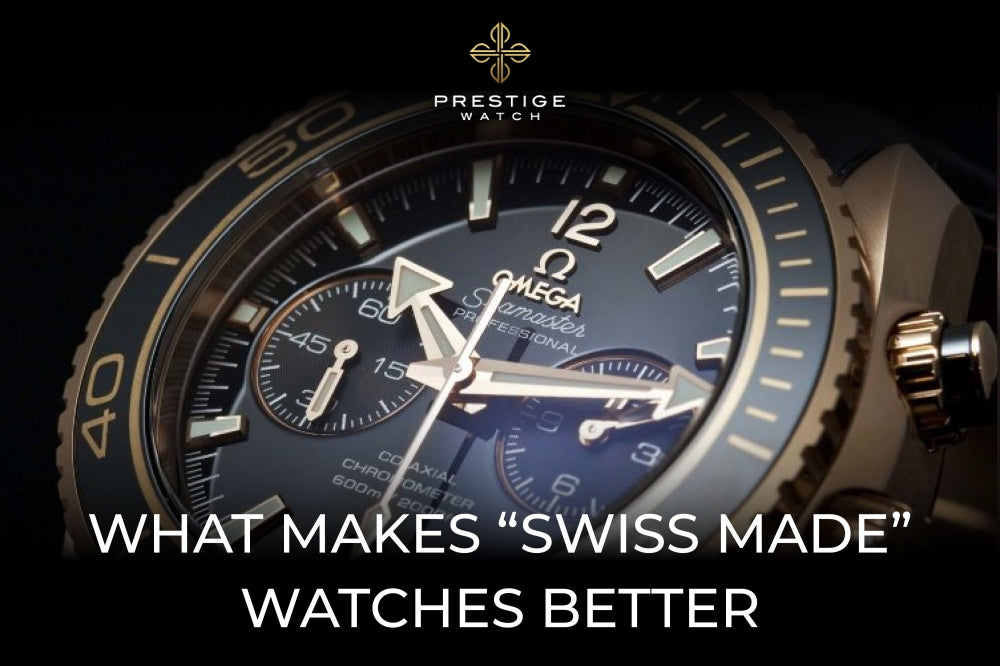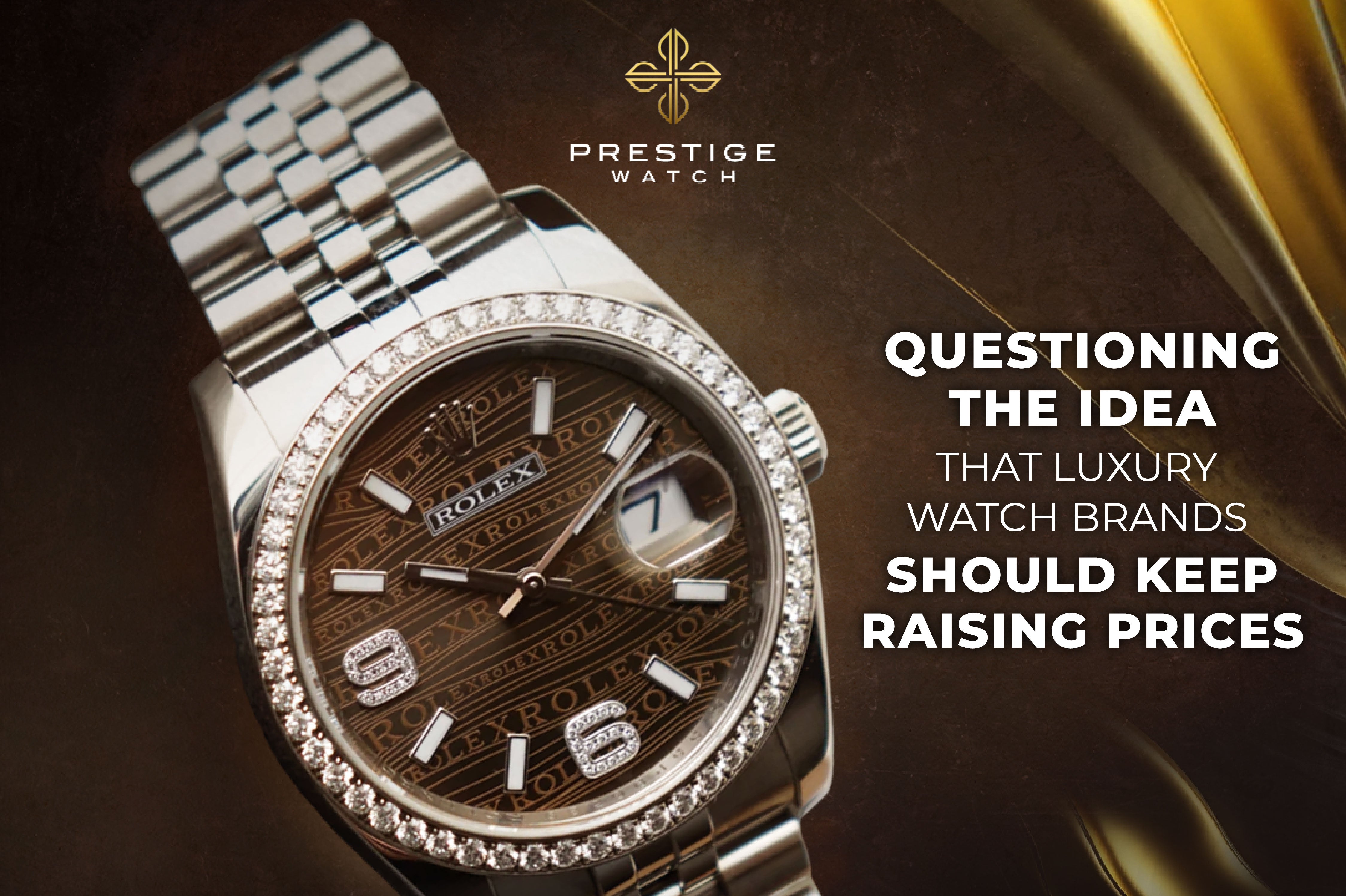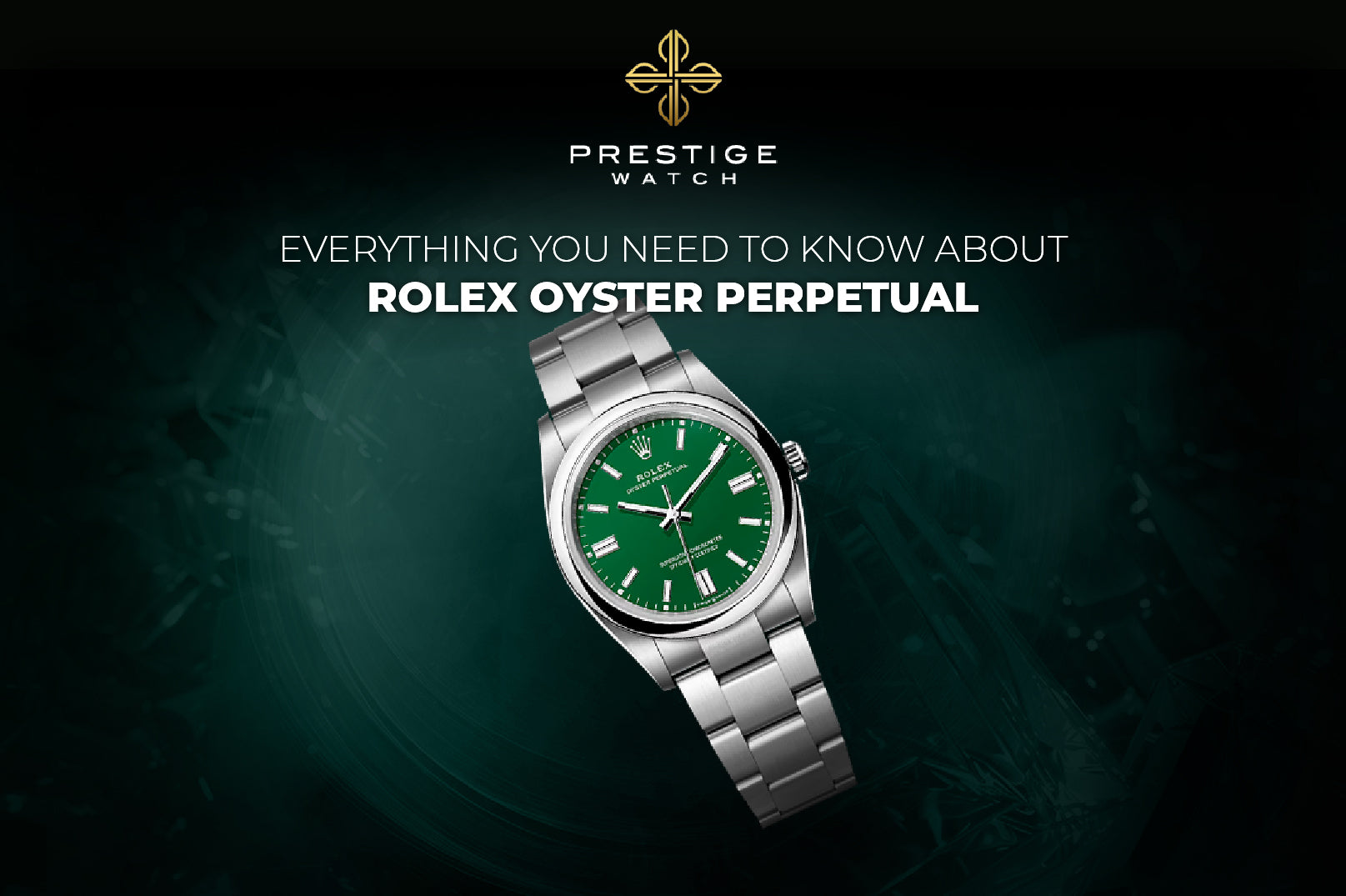“Swiss made” is a term that is applied to some of the world’s most well-crafted and reliable products. But, what does it mean when it comes to watches? The term "movement" applies primarily to the movement behind the construction of the timepiece. In fact, being “Swiss-made” does not necessarily mean that a watch is 100% made in Switzerland. Instead, it indicates that the watch meets certain high-quality standards in the form of Swiss trademark law.
On countless occasions, Switzerland’s watch industry was forced to overcome adversity. By developing contemporary and ingenious products that use cutting-edge technologies, they stand out clearly as world-renowned quality and luxury watchmakers. Swiss watches are better because they have to be. They have a powerful legacy of craftsmanship and an irrefutably prodigious reputation to uphold.
The main reason why “Swiss made” watches are better in quality is because of the standard of their mechanisms. Metal gears are used. They are made by hand and can be serviced, meaning that you can use a “Swiss made” watch for an entire lifetime! The components and link pins are made with stronger materials. They are also hypo-allergenic, perfect for people who have allergies to inferior alloys.
Another big selling point of the “Swiss made” timepieces is that their “faces” are usually made with sapphire crystals. Hence, they are encased in a material with an extreme hardness (a 9 on the Mohs scale). Also, “Swiss made” watches are always made with 316L surgical steel, which means they are the least likely to tarnish and are less susceptible to wear and tear. This makes a “Swiss made” watch incredibly scratch resistant.
In conclusion, watches have to pass scrupulous conditions in order to be classified as “Swiss-made” and, as such, high quality of craftsmanship and outstanding performance are guaranteed. That’s why “Swiss made” watches are popular heirlooms.




